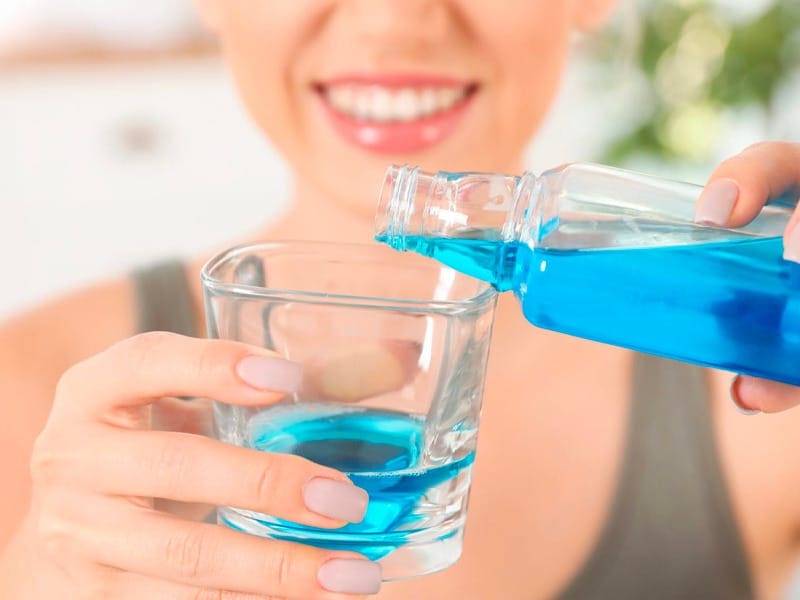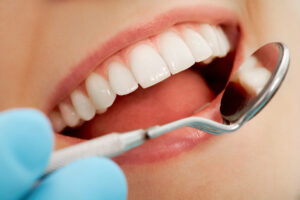Mouthwash is a popular remedy for bad breath and is part of many Americans’ daily oral care routines. These solutions are designed to be swished around in the mouth for a recommended 30-60 seconds by the ADA. and then spit out. This aids in rinsing debris and cleans between your teeth. There are many types of mouthwashes available that are targeted to a specific oral care or cosmetic need. When choosing the right mouthwash for you, you should consider some factors. We have broken down some of the characteristics and pros and cons of mouthwash here for you.
Types of Mouthwash –
The FDA regulates mouthwash into 2 categories, cosmetic and therapeutic mouthwashes.
Cosmetic Mouthwash are over-the-counter products that offer temporary control of bad breath. While they do still help rinse oral debris, they lack any antibacterial or antimicrobial ingredients. Making them unable to combat plaque, gingivitis, or cavities.
Therapeutic Mouthwash has active ingredients that address or help to prevent oral conditions. This includes tooth decay, gum disease, mouth pain, dry mouth, and bad breath. They can also offer tooth-whitening benefits. Many of these mouthwashes are available over the counter. In some cases, stronger options can be prescribed by your dentist. Popular types of therapeutic mouthwash include:
- Fluoride Mouthwashes: prevent cavities and fight tooth decay.
- Antiseptic: Ideal for those with mouth infections and bad breath but overuse can discolor your teeth.
- All-Natural: These products are Alcohol-Free and offer a more holistic approach.
- Dry mouth: These mouthwashes are specially formulated to relieve dry mouth symptoms.
When selecting a mouthwash, we recommend that you check for the American Dental Association seal of approval.
There are some negatives and side effects associated with using mouthwash.
- Alcohol may be used as a preservative ingredient and due to its negative effect on soft tissue, it has been tied to oral cancer. Alcohol can also cause irritation for some by creating a burning sensation. It can also negatively affect the healing of ulcers and canker sores.
- Cosmetic solutions for bad breath are only masking the problem. There are more effective medical treatments for halitosis.
- Tooth staining can occur from the dyes found in some mouthwashes.
- Salt is found in some mouthwashes in the form of sodium lauryl sulfate. If you are on a low-sodium diet, we recommend avoiding products containing this ingredient.
- Killing if good bacteria exist in your mouth acts as a natural defense to fight pathogens. Antiseptic mouthwashes kill all bacteria, good and bad. This may reduce your body’s natural ability to fight disease.
If you are unsure if mouthwash is good for your routine, we recommend asking your dentist. Dr. Shane and his team are here to help advise you on the best regimen for your specific oral care needs. Make your appointment with Methal Doctor Arts and we will help you find the right treatment for you.




